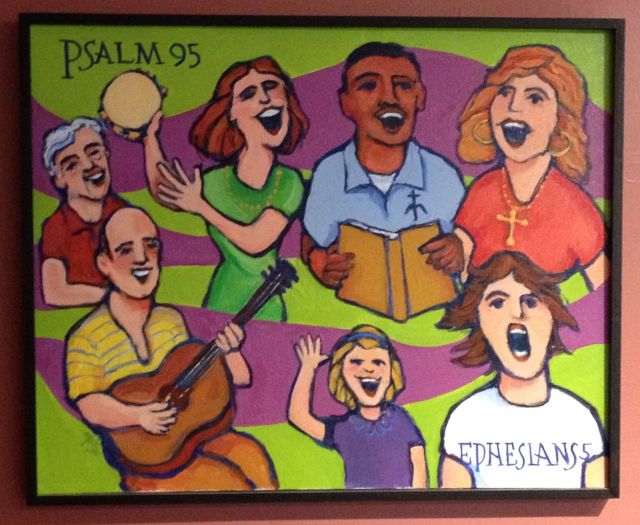Document Type
Musical Composition
Publication Date
1-1-1931
Loading...
Description
Folk song adapted to the Marianist priests and brothers
Keywords
folk songs
Disciplines
Catholic Studies | Other Music | Religious Thought, Theology and Philosophy of Religion
Language
German
Instrumentation
Voice
Permission Statement
Provided for download with the permission of the Marianist Province of the United States of America. All rights reserved.
Other Collaborators
Unknown
eCommons Citation
Thein, Aloysius S.M., "Er Lebe Hoch" (1931). Musical Compositions about the Marianist Charism. 69.
https://ecommons.udayton.edu/music_marianistcharism/69
Included in
Catholic Studies Commons, Other Music Commons, Religious Thought, Theology and Philosophy of Religion Commons




Comments
From Brother Stanley Zubek, S.M.: Explanation of song's origin is found in the document available for download. It reads:
For some time, the Province archivist has been questioning various of the Brothers in an effort to pin down the origin of the toasting song that has become a tradition among American Marianists. Thanks to Bro. Don Hebeler of the Cincinnati Province and Brothers Novosal and Schnepp of the St. Louis Province, a plausible solution seems to have been found.
No, the Er Loebe Hoch did not come to the US with the pioneer Alsatian Brothers. According to Fr. Theodore Koehler, himself an Alsatian, that song is unknown in those parts. Rather, the Er Loebe is of German folk origin and was probably sung among the German American settlements in this country.
According to Bro. Novosal, who is archivist for his province, it was Bro. Louis Thein who made the song an SM characteristic. As to the origin of the song, among the personal effects of Bro. Lawrence Gonner was found a book of Neues Deutsches Lieder (Neues Deutsches Liederbuch) published by D.C. Heath in this country during 1931, as part of its Modern Language Series. On page 43 of this volume is found the song reproduced below. The version familiar to Marianists appears to be an adaptation of it.
Many thanks to those Brothers who patiently assisted in the search for an answer to this little mystery of the Marianist folkways.